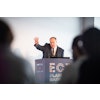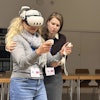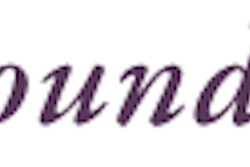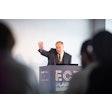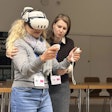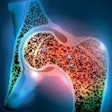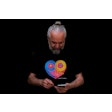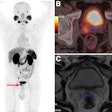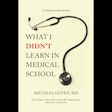
LONDON (Reuters), Mar 25 - Nordic scientists said on Wednesday they had found no evidence that screening women for breast cancer has any effect on death rates, adding to an already fierce international debate about routine testing.
In a study published in the British Medical Journal, researchers from Denmark and Norway said reductions in breast cancer death rates in regions with screening were the same or actually smaller than in areas where no women were screened.
"Our results are similar to what has been observed in other countries with nationally organized programs," said Karsten Jorgensen of the Nordic Cochrane Centre in Copenhagen, who led the research.
"It is time to question whether screening has delivered the promised effect on breast cancer mortality."
A row blew up in the United States in last November after public health officials on the U.S. Preventive Services Task Force questioned the value of screening mammograms for women under 40 and suggested raising the annual screening age to 50.
Cancer doctors and advocacy groups denounced the move, saying the changes would mean more women would die from breast cancer. Some lawmakers said they may be used to ration healthcare.
Breast cancer is the most common cancer in women worldwide, accounting for around 16% of all female cancers. It kills around 519,000 people globally each year.
Jorgensen said that although breast cancer screening programs vary by country, Denmark was a good benchmark and his team's findings should inform the debate.
In Denmark, women are screened every two years from age 50, while in the United States mammograms are now recommended every one to two years for women ages 50 plus, and in Britain the policy is for women over 50 to be screened about every three years.
Critics of widespread screening programs say they can be more harmful than helpful if the extra hospital time and costs they require, coupled with the stress and worry of false alarms, are not outweighed by the benefit of preventing more deaths.
In Britain, for example, experts say around 7,000 women get an unnecessary breast cancer diagnosis when screening picks up tumors that would never have caused them any problems.
Jorgensen said his study showed this risk-benefit balance was not being hit in Denmark, and he speculated the situation would be the same in other developed countries.
Evidence now suggests that for every 2,000 women who are screened over 10 years, only one stands to have her life saved by the mammogram program, he said, whereas the risk of getting an unnecessary breast cancer diagnosis is 10 times that.
"We need to make women aware that the chance they will benefit from the program is very small," he said a telephone interview.
Jorgensen and his team compared annual changes in breast cancer deaths in two Danish regions with screening programs against nonscreened regions across the rest of Denmark.
In women likely to benefit from screening (those ages 55 to 74 years) breast cancer mortality fell by 1% a year in screened areas and by 2% a year in nonscreened areas, the researchers found.
In women too young to benefit from screening (ages 35 to 54 years), breast cancer mortality declined by 5% a year in screened areas and by 6% a year in nonscreened areas during the same period.
By Kate Kelland, Health and Science Correspondent
Last Updated: 2010-03-24 11:30:18 -0400 (Reuters Health)
Related Reading
Study: Less breast screening leads to more palpable cancers, March 16, 2010
USPSTF guidelines influencing doctors, poll finds, February 16, 2010
Editorial: Research flaws make USPSTF guidelines obsolete, February 8, 2010
ACR, SBI: Breast cancer screening should begin at 40, January 4, 2010
U.S. debate over mammograms splits along party lines, December 3, 2009
Copyright © 2010 Reuters Limited. All rights reserved. Republication or redistribution of Reuters content, including by framing or similar means, is expressly prohibited without the prior written consent of Reuters. Reuters shall not be liable for any errors or delays in the content, or for any actions taken in reliance thereon. Reuters and the Reuters sphere logo are registered trademarks and trademarks of the Reuters group of companies around the world.

